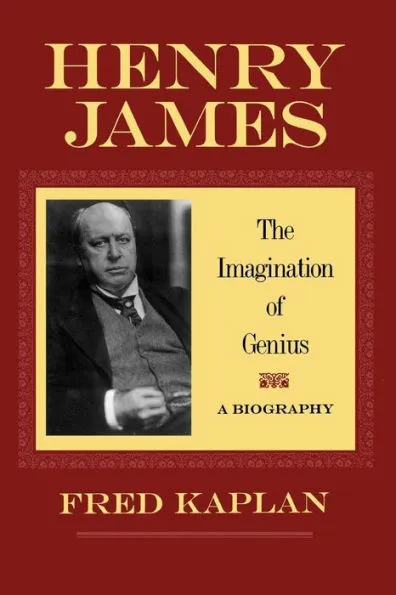
It’s always a little bit of a thrill to come to the end of an extraordinarily long book or novel. And with biographies, and how long they take to read, you often feel you are right there, experiencing the death that almost always comes in the penultimate page, with a few more paragraphs summarizing the somewhat dull details of the funeral arrangements.
This took me a long time to read, in part because he lived a life that was pretty dull. And when I was looking for a biography of James, I discovered there weren’t that many.
There are something like 10,000 unpublished letters James wrote to his friends, family and colleagues and the author must have read at least half of them. It seems like he (James) endlessly complained about wherever he was and that he needed to get away to Italy or to Paris or re-visit America or return to Lamb’s House, his eventual final home in England. All of that was and is catastrophically boring. What wasn’t boring was discovering that he had the same troubles and conflicts that all authors have. His first and largest conflict was what we would call his sexuality, or his closetedness. But I think in James’s time, all of what would be called sexuality today, was hidden behind a debate about marriage (to a woman) and family. The question for him wasn’t whether he preferred men, but whether he could commit to being heterosexual. And he decided not to — that it wasn’t compatible with what he wanted to do as an artist. That was what he said, but in my experience, gay men who deny their sexuality for such a long time, are usually grossed out by sex in general, and by women in particular.
Despite his sexuality, and because of it, by the end of his life he had settled on being a lover of men in a strictly Greek and platonic way – that he could express his need for other men and his need to love men — but only in a verbal or written way. There is no indication whatsoever that he ever had physical contact with another person, male or female, and what’s more, knowledge of “the act” isn’t reflected in his writing either. This can sometimes feel like a relief — it lets us concentrate on the idea of love more fully — especially in my absolute favorite, “Wings of the Dove.”
He struggled with money, but he had enough of an income that he was able to stay afloat. His greatest works: The Ambassadors, Wings of the Dove and The Golden Bowl, sold fewer copies than the advance given him. He spent a period of time writing for the theatre, thinking that he could tap into the riches that were flowing in the direction of Oscar Wilde. His theatre works were failures but he kept at that for six years, until finally returning to fiction. He was almost 60 when he began his magnificent trio of novels mentioned above and I believe he was about 64 when The Golden Bowl was published. His older brother William James became the father of American psychology and was hugely famous in his own right. There is a mistaken (or misunderstood) belief that Edith Wharton, who was his friend and admirer and also exceedingly wealthy, paid for the publication of his books. This was a case of bad judgment on her part: because James spent so much time complaining about his poverty, Wharton arranged to have many of his friends donate money to a fund which would be paid to his publisher to publish future James novels. James heard about it and made the publisher return the money. His father was a Swedenborgian and I was going to go look up that particular philosophy but just can’t stand to read about religions anymore. However, that particular philosophy preoccupied his father throughout the James siblings childhoods and was strange and damaging. His father inherited from his own father the sum (in today’s money) of about 125 million dollars. It was mostly squandered on Henry’s father’s efforts to publish his ideas about Swedenborganism and other philosophies he had about women which were regressive. The civil war was a defining event for most of the family. Henry was the last of his siblings to die. He was cremated and the urn was buried beside his mother, father, sister and a brother in Cambridge Cemetery.
